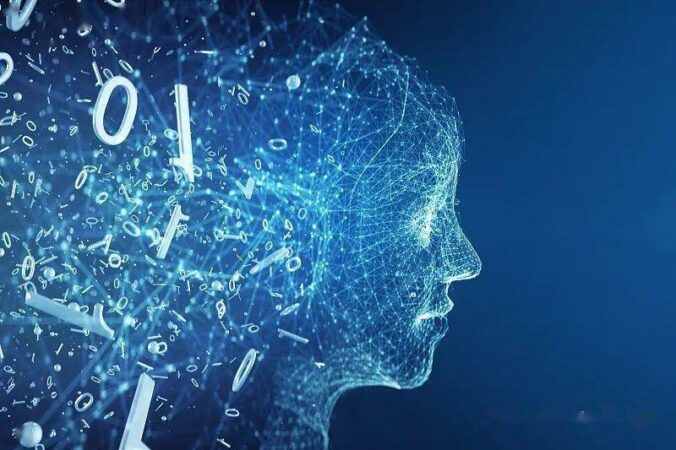What is digital identity?
Digital identity refers to the identifiable depiction of individuals through digital information, and it is also understood as condensing real identity information into public/private keys in the form of digital codes, so as to bind, query and verify personal real-time behavior information. Digital identity not only includes birth information, individual description, biometrics and other identity coding information, but also involves personal behavior information of various attributes. For example, WeChat and Facebook store social information, Alipay and Amazon store transaction information, games and video software store entertainment information, etc. All these different attributes of information are part of personal digital identity. In the Internet age, due to the numerous media for information acquisition and storage, people’s digital identity information is relatively scattered. Only the more comprehensive the attributes are, the more complete the identity information will be. By continuously integrating new digital identity information, a more comprehensive characterization of users can be achieved.
How do personal versus professional approaches to digital identity effectsocial media use?
Personal: Social media is a way to interact with family and friends, no matter where they are currently. It keeps you in touch with people you may have lost touch with.
Professional: Social Media is your multimedia resume, complete with endorsements. It gives you a platform to build thought leadership.
Being active on social media can benefit both your personal and professional purposes, provided you paint a good picture of yourself in your personal social activities. Many employers consider not only professional skills, but also potential employees’ interests outside of work. People used to be able to separate their professional and personal lives more easily, but today these two areas of life are increasingly converging, with social media making people’s lives more transparent as hobbies and professional boundaries blur. Therefore, there are pros and cons to weigh before merging professional and personal social media accounts.
How do digital identities converge in networked publics – what are theimpacts and/or benefits?
The emergence of digital identity is profoundly changing the driving force and development mode of the economy and society. Compared with the traditional identity system, it will greatly improve the overall social efficiency, maximize the release of user value, and enable the government, service providers, users and other parties. can benefit from it.
Users can use personal information flexibly. Users not only have the right to control other people’s access to personal data information, but also can decide when, where and how to publish their own information. In addition, the digitization of personally identifiable information helps users to conduct transactions with the outside world more conveniently, and at the same time protects users from illegal acts.
Service providers implement customized services. On the one hand, service providers can customize corresponding products and services according to user attributes and purposes with the help of user identity information recorded in the system. On the other hand, the existence of the digital identity system can effectively replace the previous complicated paper certificates in the process, reduce the cost of repeated communication between service providers and users, and greatly improve the efficiency of work.
Governments communicate more efficiently with citizens. The digital identity records the key identity data and behavior information of all citizens. In the face of citizens with different attributes and their needs, the government can help them accordingly. At the same time, from the perspective of regulatory authorities, with the help of the digital identity system, regulatory authorities can strengthen supervision and improve the pertinence and effectiveness of supervision.


Recent Comments